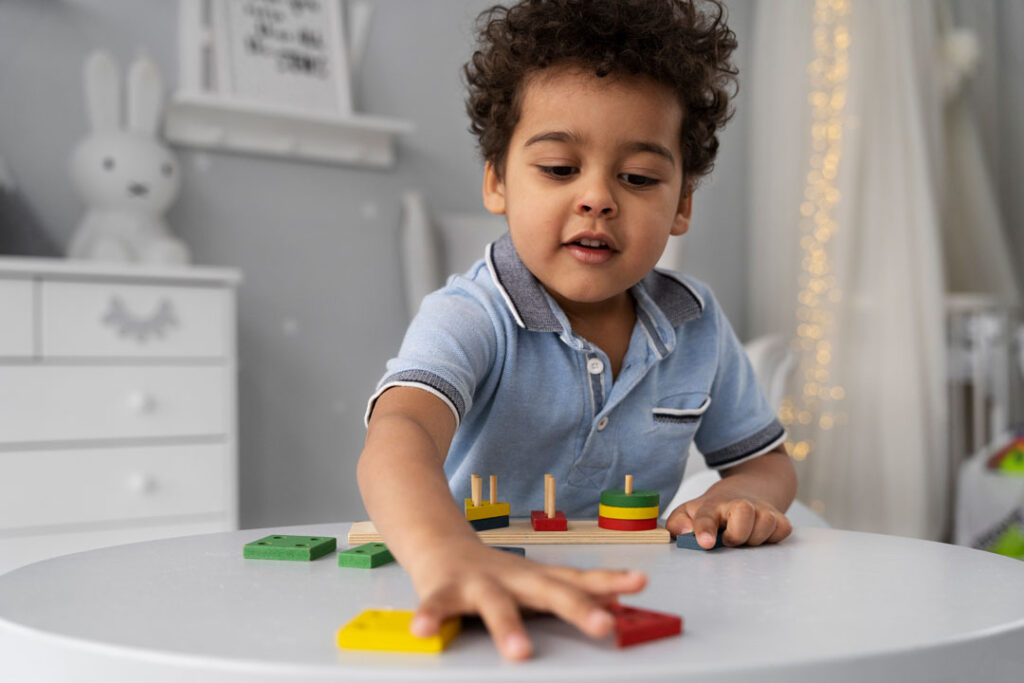Have you ever wondered why your child with autism might see the world a little differently? It’s not just about the challenges; it’s about the unique beauty of their neurodiversity.
The Neurodiversity Advantage
Autism isn’t a disorder; it’s a different way of thinking and perceiving the world. People with autism often possess extraordinary talents in areas like pattern recognition, problem-solving, and creativity. It’s like having a superpower, but with a unique instruction manual.
Decoding the Autism Spectrum
Autism is a spectrum disorder, meaning it affects people in different ways. Some might struggle with social interaction, while others might excel in specific areas. Understanding your child’s unique profile is key to providing tailored support.
Here are some common traits associated with autism:
- Intense Interests: Your child might become deeply engrossed in a particular topic or activity.
- Sensory Sensitivities: Sounds, textures, or lights might be overwhelming or under-stimulating.
- Communication Challenges: Difficulty with verbal or nonverbal communication.
- Social Interaction Differences: Challenges in understanding and responding to social cues.
- Repetitive Behaviors: Engaging in repetitive actions or routines.
Nurturing Your Child’s Unique Strengths
To support your child, focus on their strengths and interests. Encourage their passions and provide opportunities for them to explore their talents. Remember, every child with autism is unique, so tailor your approach to their individual needs.
Building a Strong Foundation
A strong parent-child bond is essential for a child’s well-being. Here are some tips for building a strong relationship:
- Quality Time: Spend quality time together, engaging in activities your child enjoys.
- Effective Communication: Use clear and concise language, and be patient.
- Positive Reinforcement: Reward positive behaviors and minimize negative attention.
- Seek Support: Don’t hesitate to reach out to professionals for guidance and support.
By understanding the unique mind of your child with autism, you can foster their growth, celebrate their differences, and create a supportive environment for them to thrive.



